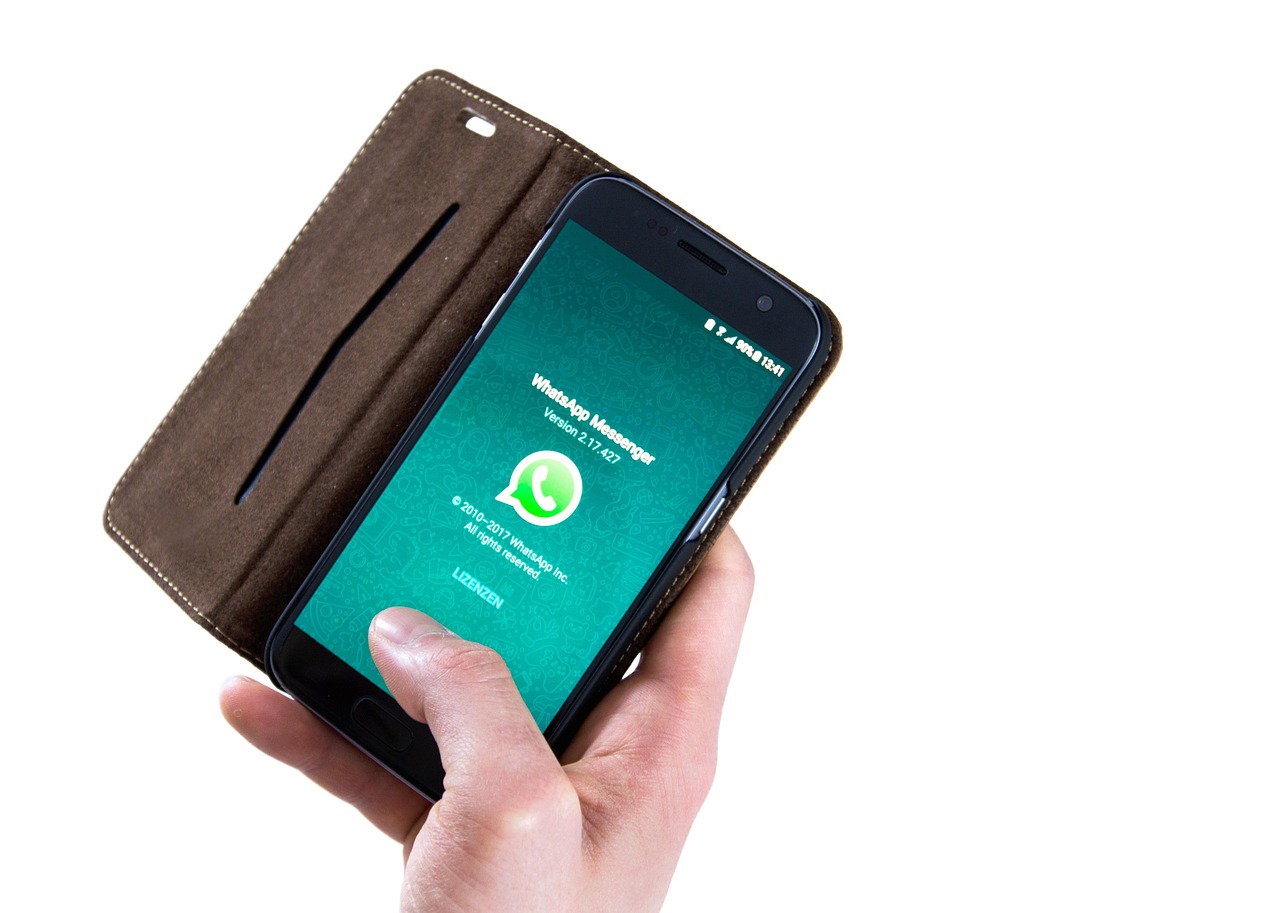By Azdhan
WhatsApp updated its pricing model for Business accounts, shifting from a flat 24-hour window to a per-message rate. The new price structure, introduced on July 1, aims to align with “industry standards,” and it resembles India’s per-message pricing model charged to telecom service providers.
Under the revised pricing model, WhatsApp now charges Rs. 0.78 for each marketing message. Previously, businesses paid a flat Rs. 0.78 for unlimited messages within a 24-hour window. It also introduced a fee of Rs. 0.11 per utility message, such as “Thank you for shopping with us,” which was previously free.
What is WhatsApp Business’ Pricing Plan?
WhatsApp Business charges only for template messages, which include text, interactive, multimedia, and authentication messages. Businesses typically use these for appointment reminders, shipping updates, issue resolution, or payment notifications.
WhatsApp charges the business only when it delivers the message, and the pricing depends on the message category and the recipient’s country code.
Customer service messages are the only non-template messages a business account can send. When a user messages a business account, WhatsApp activates a cost-free window that remains open for 24 hours if the business replies within the same time period. Each new user message resets the 24-hour response window. WhatsApp does not charge for utility templates sent during this period.
Only template messages may be sent outside the customer service window. According to WhatsApp’s documentation, message templates fall into three categories:
Marketing Messages: When the businesses send the template message promoting their product or service.
Utility Messages: When the businesses send messages to update the customers. Utility messages are charged only after the customer service window (i.e., 24 hours).
Authentication Messages: When businesses send the messages to authenticate the user. A one-time password is the best example of this.
Additionally, the businesses also receive free entry points that allow a three-day free chat window when users enter the chat through a promotional ad, such as an ad on Facebook. To activate this window, the business must respond within 24 hours.
What is WhatsApp’s per-message rate in India?
Compared to global rates, WhatsApp Business pricing in India remains lower. The current rates for India across all message categories are as follows:
Marketing: Rs. 0.78
Utility: Rs. 0.11
Authentication: Rs. 0.12
Authentication-International: Rs. 2.3
However, the parity between the prices for local authentication and international authentication in India is much higher than in other countries.
How does WhatsApp decide based on the Volume?
Meta also implemented the volume-based pricing model for WhatsApp Business accounts. This allows the businesses to access lower rates for utility and authentication purposes if their monthly message volume increases over 25 million to 300 million or above
For example, for utility messages, the price is Rs 0.1150 each for the first 0-25 million messages. As the monthly volume increases, the businesses earn more discounts as they increase the total volume of the messages.
25 M–50 M: 6 % discount brings it to Rs. 0.108
50 M–100 M: a 12 % discount brings it to Rs. 0.1012
100 M–200 M: 18 % discount brings it to Rs.0.0943
200 M–300 M: 24 % discount brings it to Rs.0.0874
Above 300 M: maximum 30 % discount brings it to Rs.0.0805
The volume of the messages is aggregated across all WhatsApp Business Accounts held by a business portfolio, and the prices are calculated separately according to the market, category of the message, and country.
How does it differ from traditional messages?
The revised per-message pricing model of WhatsApp can potentially give an advantage to the Indian telecom players. According to the TRAI’s Consultation Paper on the Review of the Telecom Commercial Communications Customer Preference Regulations (2018), the per-message pricing is Rs. 0.05 on each promotional and service message.
Last year, Aniketh Jain, the founder of the communications startup, Fyno, said “this move could push SMS closer to obsolescence,” referring to the 24-hour-cycle-based pricing model of WhatsApp. However, with its latest update, the internet-based WhatsApp also now resembles the telecom-based per-message pricing model.
This may suggest a level playing field between OTT communication apps and traditional SMS telecom providers. However, WhatsApp may still hold an advantage due to free entry points and volume-based discounting models.
